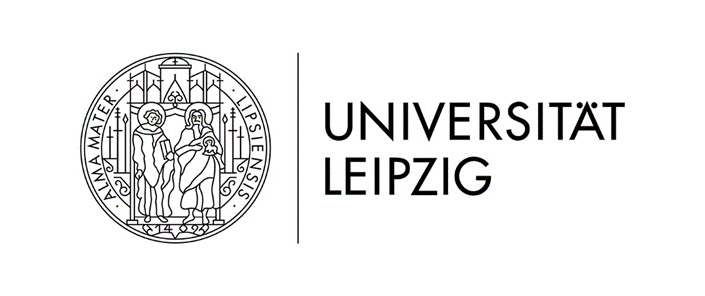12 PhD Positions (f, m, d)
The Research Training Group (RTG) 2756 “Cytoskeletal elements of active matter – from molecular interactions to cellular biophysics (CYTAC)” at the University of Göttingen is currently inviting applications for
12 PhD Positions
(f, m, d)
starting on January 1st, 2025. The salary is based on TV-L E13 and amounts to 65% of a full position for PhD candidates in chemistry and biology and to 75% in physics and mathematics. The positions are funded by the German Research Foundation (DFG) for 3 years with the possibility to extend up to 4 years.
The PhD students enrolled in this program will study different aspects of the cytoskeleton. The cytoskeleton is a complex network of protein filaments of living cells. It is responsible for the mechanical and dynamic properties of the cell and is thus instrumental for many important cellular functions. CYTAC is devoted to covering all length scales involved - from the level of individual molecules, through mesoscopic filaments and membranes, all the way to cells. Naturally, this research is performed in a highly interdisciplinary manner and involves physics, physical and bio-chemistry, cell biology, and mathematical data analysis. General information on the RTG 2756 is available at www.uni-goettingen.de/rtg2756.
The RTG 2756 CYTAC offers a vibrant academic environment, joint supervision of PhD candidates by thesis committees, and a structured study program with many opportunities to improve scientific and personal skills. Research groups in the following fields are offering PhD projects: experimental biophysics, theoretical biophysics, physical chemistry, biomolecular chemistry, applied mathematics, and cell biology. You can find detailed information on the individual projects at the CYTAC research webpage.
We are seeking highly motivated candidates who wish to pursue their PhD training in an interdisciplinary environment. Successful applicants should
hold a Master's degree in the natural sciences or mathematics with very good grades,
be fluent in English,
be keen to collaborate and share data with their PhD colleagues.
To apply for this position, please follow the guidelines below:
Step 1: Complete the application form at the CYTAC application webpage.
Step 2: Submit the following documents at This email address is being protected from spambots. You need JavaScript enabled to view it., compiled as one PDF file:
Motivation letter (limited to 500 words)
CV including information on posters, presentations, awards, and publication list, if applicable
School leaving exam certificate (A-level, Abitur, European Baccalaureate or equivalent)
Bachelor's degree and transcript
Master's degree and transcript
English language certificate
Publications, if available
References: names and contact details of two senior academics, who know you well. Do not attach reference letters
The closing date for applications is May 20, 2024. If you have any questions, please contact Prof. Dr. Sarah Köster (This email address is being protected from spambots. You need JavaScript enabled to view it., +49-551-39 29429) or the potential supervisor for project-related inquiries.
The University of Göttingen is an equal opportunities employer and places particular emphasis on fostering career opportunities for women. Qualified women are therefore strongly encouraged to apply as they are underrepresented in the field. The university has committed itself to being a family-friendly institution and supports its employees in balancing work and family life. The mission of the University is to employ a greater number of severely disabled persons. Applications from severely disabled persons with equivalent qualifications will be given preference.
Please note: With the submission of your application, you accept the processing of your applicant data in accordance with the data-protection law. Further information on the applicable law and data usage is provided in the information sheet on the General Data Protection Regulation (Hinweisblatt zur Datenschutzgrundverordnung, DSGVO) (www.uni-goettingen.de/hinweisdsgvo).












